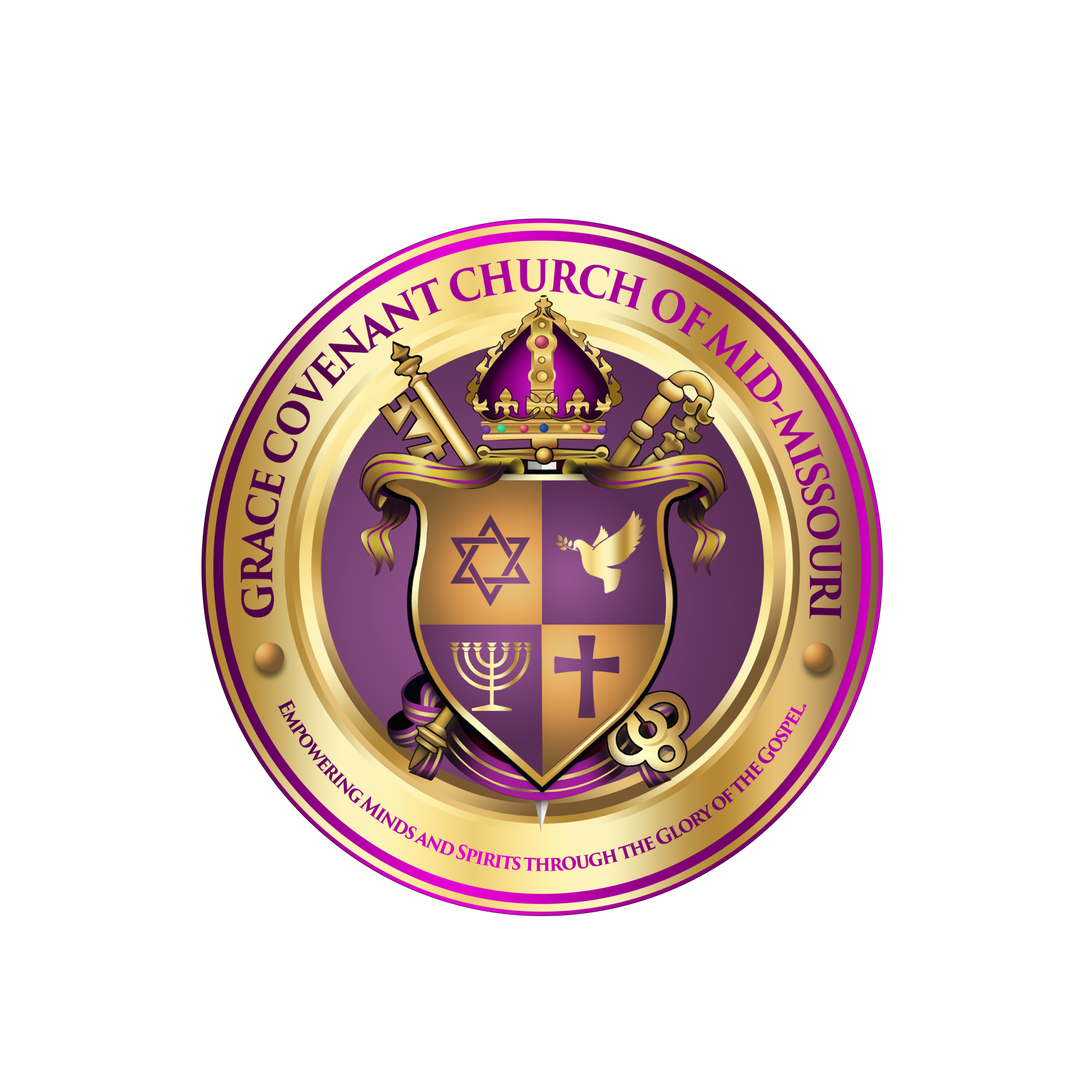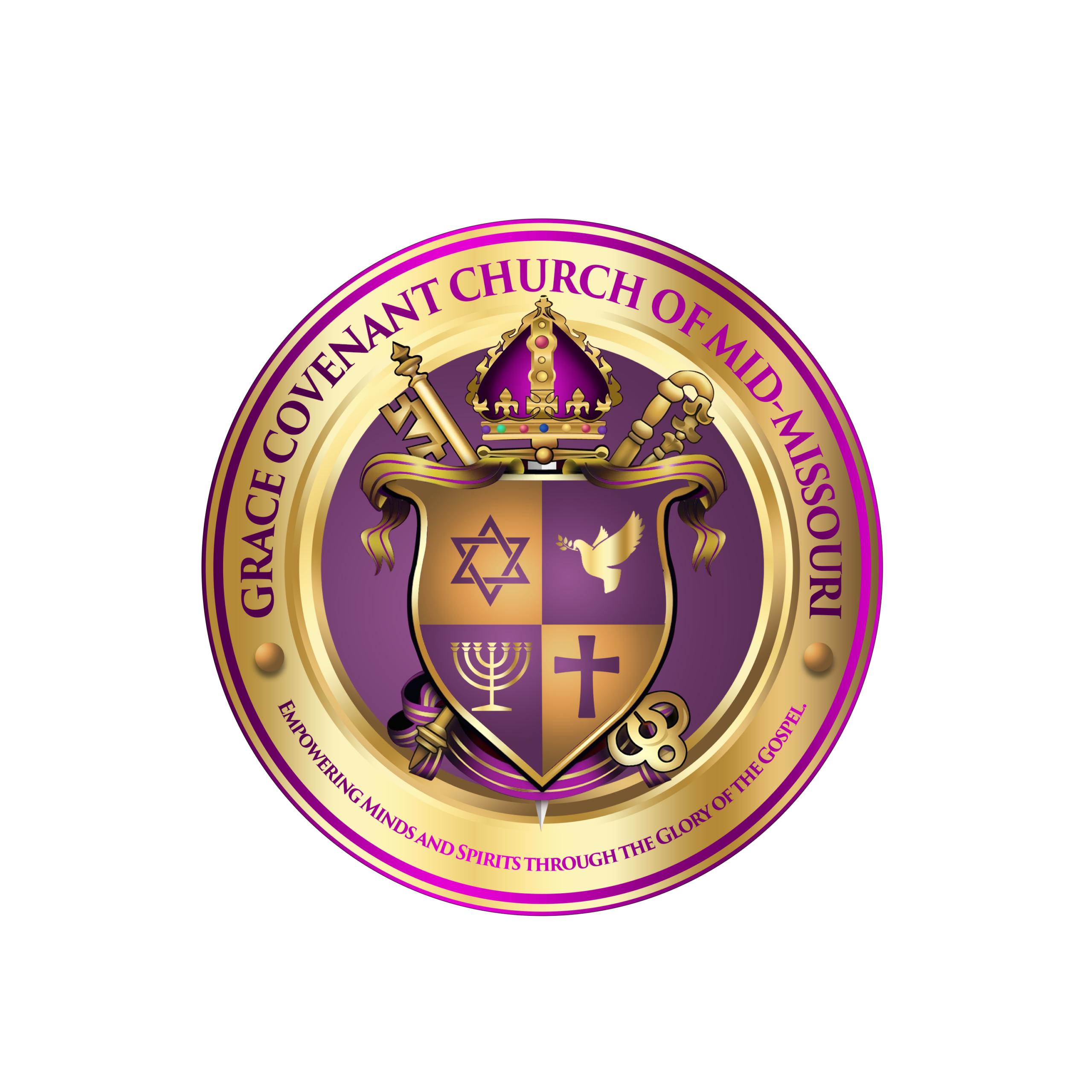“If You Will Separate to God, You Must Separate from Other Things.”
Greetings in the Grace and Peace of Our Lord Jesus Christ,
I address you, beloved Church, regarding the sacred necessity of consecration. The witness of Scripture and the testimony of saints across the ages attest that when we separate ourselves to God, we inevitably separate from the impediments of sin, distractions, and personal comforts. This letter endeavors to reinforce our commitment to the Lord by reflecting on the lives of God’s consecrated servants and reaffirming our shared confession of faith through the Nicene Creed.
I. The Call to be Set Apart
The Acts of the Apostles presents a scene in which the leaders of the church in Antioch were found fasting, worshiping, and seeking the Lord together (Holy Bible, NLT, Acts 13:1–3). In the midst of that sacred assembly, the Holy Spirit declared: “Appoint Barnabas and Saul for the special work to which I have called them” (Acts 13:2, NLT). To set apart a person for divine service automatically means separating that individual from prior engagements. Thus, Barnabas and Saul departed from the comfort of their established ministry for the more significant cause of the Gospel, trusting that the Spirit would guide them in every endeavor (Piper, 2009).
We, too, stand at the threshold of our calling. If we are to be “set apart,” we must likewise be willing to leave behind our complacency and fear. Our Lord demands not partial devotion but total surrender: “Anyone who puts a hand to the plow and then looks back is not fit for the Kingdom of God” (Holy Bible, NLT, Luke 9:62). Let us reflect on whether we cling to that which hinders the fullness of God’s work in our midst.
II. The Prophet’s Cleansing and Commission (Isaiah 6:1–9)
The prophet Isaiah, standing in the presence of divine holiness, exclaimed, “It’s all over! I am doomed, for I am a sinful man” (Isaiah 6:5, NLT). His confession signified the realization that any who would serve a holy God must be cleansed from iniquity. Scripture states that an angel touched Isaiah’s lips with a burning coal, saying, “Now your guilt is removed, and your sins are forgiven” (6:7, NLT). Only then did Isaiah respond to the divine inquiry, “Whom should I send?” with the words, “Here I am. Send me” (6:8, NLT).
The commission of Isaiah testifies that purity precedes purpose (Barna Group, 2021). The Lord first removes our guilt so that we might speak His Word without the weight of condemnation. This invites each of us to examine our hearts and seek God’s purifying touch, confessing our sins and trusting Him to remove every hindrance (1 John 1:9). We echo the Nicene Creed in affirming that salvation and new life are gifts granted through Jesus Christ, who was both fully God and fully man, and by the Holy Spirit, who sanctifies us (Council of Nicaea, 325 A.D.).
III. Jeremiah’s Empowerment and Obedience (Jeremiah 1:6–9)
Likewise, the prophet Jeremiah teaches us that God’s calling often collides with human inadequacy. “I can’t speak for you! I’m too young!” (Jeremiah 1:6, NLT), he protested. Yet the Lord’s response was resolute: “Don’t say, ‘I’m too young’ … For I will be with you and will protect you” (Jeremiah 1:7–8, NLT). In a gesture of empowerment and intimacy, God “reached out and touched [Jeremiah’s] mouth” (1:9, NLT), symbolically equipping the prophet to speak His words (Piper, 2009).
Jeremiah had to separate from his fears and personal limitations to embrace the call of God. Through this example, we learn that to separate to the Lord, we must be willing to abandon our excuses and insecurities. The journey may be fraught with adversity—as Jeremiah’s own ministry often was—but the sustaining promise remains: “I will be with you” (1:8, NLT). Indeed, the Nicene Creed echoes the hope of God’s abiding presence in “the Holy Spirit, the Lord, the giver of life … who has spoken through the prophets” (Council of Nicaea, 325 A.D.).
IV. The Cost and Blessing of Consecration
Every genuine call to consecration comes with a cost. Barnabas and Saul surrendered their familiar congregation; Isaiah surrendered comfort and complacency; Jeremiah surrendered his sense of unpreparedness. Such relinquishments, however, yield greater blessings:
1. Intimacy with God: When we wholly separate ourselves to the Lord, we discover deeper fellowship with the Father, the Son, and the Holy Spirit.
2. Clarity of Purpose: Consecration clears away competing voices and distractions, enabling us to discern the specific assignments God has ordained.
3. Power and Authority: God entrusts His anointing to those who have committed themselves to holiness. As with Barnabas, Saul, Isaiah, and Jeremiah, the consecrated life is marked by the Spirit’s presence and power (Barna Group, 2021).
V. Application and Exhortation
In light of these biblical accounts, we must ask ourselves: What must we separate from to fulfill our calling? Is there a sin we tolerate, an idol we secretly worship, or a fear we nurture? By the grace of God, let us lay these weights aside, declaring, “Here I am, Lord. Send me.”
May we recall also the Nicene Creed, a timeless confession that anchors our faith and unites us with the Church universal. It reminds us of the triune God who creates, redeems, and sanctifies; it professes the lordship of Christ, the indwelling of the Spirit, and the global mission of the Church.
Hence, I urge you, beloved, in the spirit of apostolic teaching: Consecrate yourselves anew. If you desire the fullness of God’s work in your life, separate yourselves from the encumbrances of this world. The Holy Spirit beckons; His word stands ready to empower; the Church longs to support you in that calling.
VI. The Nicene Creed
As we conclude, let us reaffirm our faith by reciting the Nicene Creed (Council of Nicaea, 325 A.D.). May these words resonate within us as an act of consecration and confession:
We believe in one God, the Father Almighty,
Maker of heaven and earth,
of all things visible and invisible.
We believe in one Lord, Jesus Christ,
the only Son of God, eternally begotten of the Father,
God from God, Light from Light, true God from true God,
begotten, not made, of one Being with the Father;
through Him all things were made.
For us and for our salvation He came down from heaven:
by the power of the Holy Spirit
He became incarnate from the Virgin Mary, and was made man.
For our sake He was crucified under Pontius Pilate;
He suffered death and was buried.
On the third day He rose again in accordance with the Scriptures;
He ascended into heaven and is seated at the right hand of the Father.
He will come again in glory to judge the living and the dead,
and His kingdom will have no end.
We believe in the Holy Spirit, the Lord, the giver of life,
who proceeds from the Father [and the Son].
With the Father and the Son He is worshiped and glorified.
He has spoken through the prophets.
We believe in one holy catholic and apostolic Church.
We acknowledge one baptism for the forgiveness of sins.
We look for the resurrection of the dead,
and the life of the world to come. Amen.
May these tenets strengthen our resolve to live consecrated lives, bearing witness to the one who calls, cleanses, and commissions us.
In Christ’s Service,
The Right Reverend Carlton Howell Jr
Senior Pastor
Grace Covenant Church of Mid Missouri
Works Cited
Barna Group, 2021.
Holy Bible, New Living Translation. Copyright © 1996, 2004, 2015 by Tyndale House Foundation.
Council of Nicaea. Nicene Creed. 325 A.D.
Piper, 2009.


No responses yet